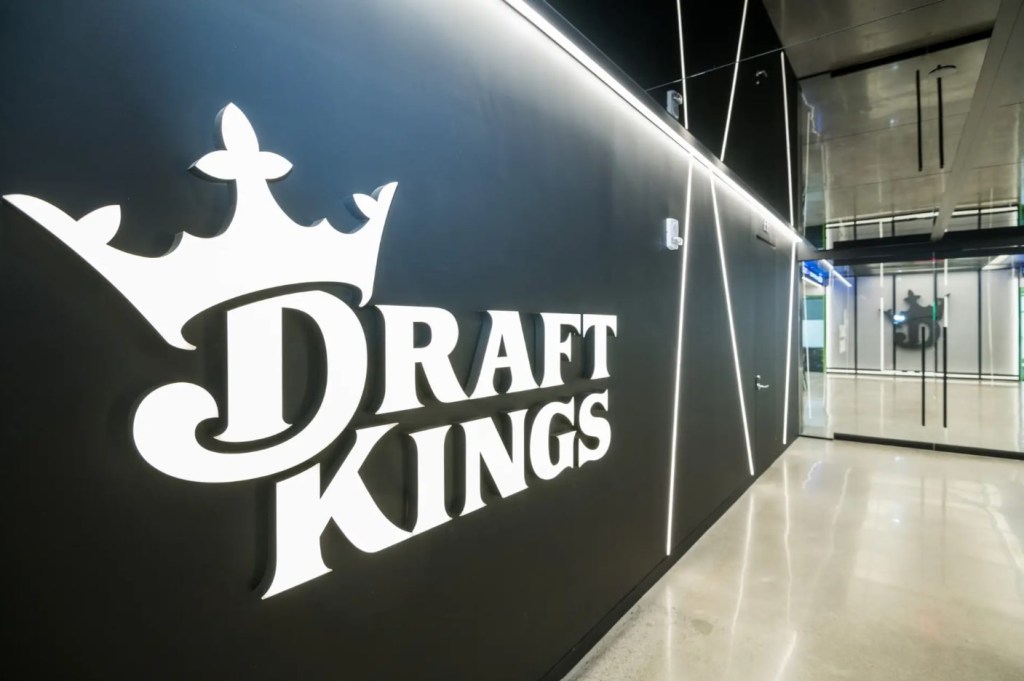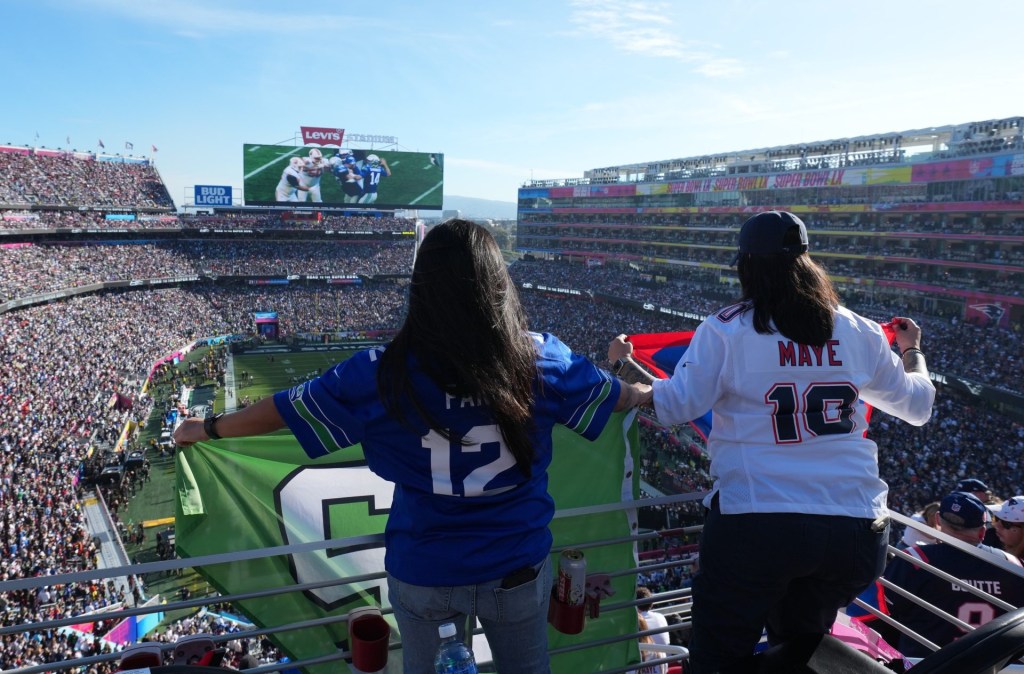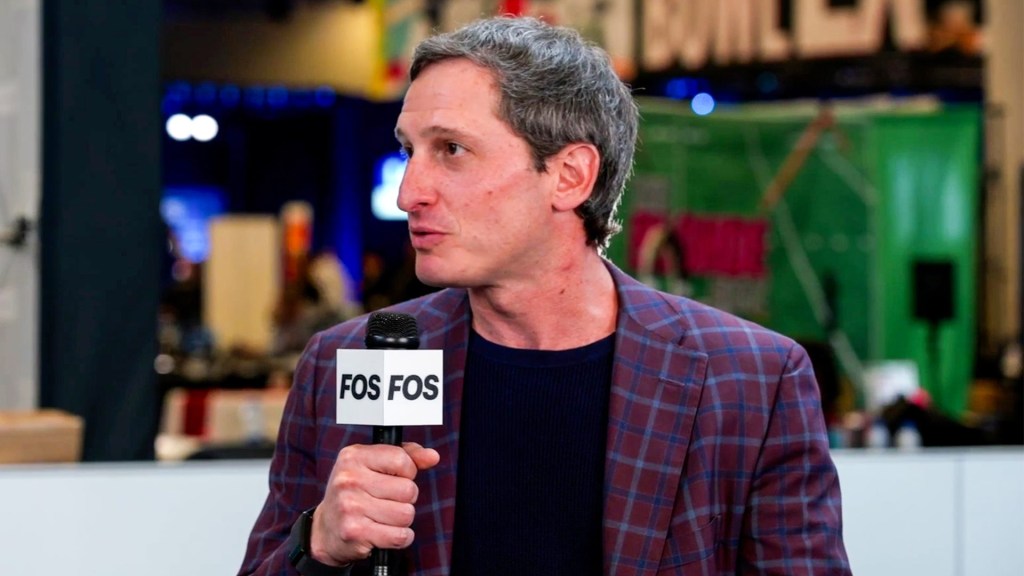Kalshi is accused of operating an unlicensed sports gambling platform that misleads customers into thinking they’re getting fairer odds than traditional sportsbooks when that isn’t the case, according to a proposed class action lawsuit filed Wednesday.
The suit, filed in New York federal court on behalf of thousands of potential class members, features seven named plaintiffs who claim they were deceived into losing money. It seeks to recover the money they have bet on the platform, and demands a jury trial with the potential for damages to be tripled.
“By operating unlicensed sports betting, Kalshi has violated gambling laws, engaged in illegal deceptive activity, and unjustly enriched itself at the expense of tens of thousands of consumers,” the complaint says.
Kalshi allows users to “trade” on the outcome of sporting events, although the sports event contracts it offers look a lot like traditional betting. Users can put money on which team will win the Thursday Thanksgiving NFL games, for example, such as Green Bay or Detroit or Kansas City or Dallas. Users can also “trade” on over/unders, like whether Jared Goff will throw for two or more touchdowns.
The suit directly challenges Kalshi’s argument that it differs from standard sportsbooks because bettors wager against one another as opposed to the house. According to the lawsuit, consumers are often betting against Kalshi itself—through “market maker” subsidiaries Kalshi Trading LLC and KalshiEx, or hedge-fund partners, like Susquehanna International Group.
Those entities “bet against consumers when their bets stray from Kalshi’s internal projected odds,” the suit says, but “consumers do not realize they are actually being tricked into sports betting against Kalshi.”
“This lawsuit demonstrates many fundamental misunderstandings about how federally regulated DCMs operate,” a Kalshi spokesperson tells Front Office Sports in a statement. “Anyone who understands how Kalshi works will see it for what it is—meritless fiction. We look forward to responding further in our court filings.”
DCMs are “designated contract markets,” a category of regulated exchange that falls under the jurisdiction of the Commodity Futures Trading Commission (CFTC). Kalshi and other prediction-market platforms have self-certified their sports event contracts with the CFTC, and their stance is that they are regulated at the federal, not state, level—and thus not subject to state gaming laws.
The suit seeks to certify a “nationwide” class of consumers who were allegedly harmed, as well as subclasses for 30 individual states and Washington, D.C. It alleges that New York’s general business law, California’s unfair competition law, and Florida gambling laws, among other laws, have been broken.
Although Kalshi purports to be much more than a sports site, the suit alleges that is “primarily” what it is, claiming that in September, 90% of Kalshi’s volume was from “sports betting,” with about $2 billion in bets placed.
“Kalshi at times drops the mask and admits that it is a betting site, falsely marketing its platform as ‘legal sports betting,’” the suit says. “But Kalshi’s betting platform is in no way legal. Consumers are tricked into betting against the House.”
The lawsuit comes after Kalshi suffered a significant legal setback in Nevada earlier this week. A federal judge erased a prior preliminary win Kalshi had scored, ruling that the state’s gaming regulator can seek to stop the company from offering sports event contracts while the case plays out. Kalshi has appealed, but the regulator warned it will not hesitate to take enforcement action against Kalshi and other companies that continue to offer what it regards as unlawful sports betting in the state.
These are two of many cases playing out across the country. Kalshi is involved in a number of them, but other prediction-markets players are fighting legal battles as well, including Robinhood and Crypto.com. Last month, a judge in Nevada ruled in favor of the Nevada regulator in a separate case from Crypto.com, saying he would not prohibit the regulator from taking action, for now. No major rulings have been made yet in a similar case brought by Robinhood, which was filed in August.
Despite the legal challenges, the rise of prediction markets is causing undeniable chaos in the sports betting world. In addition to DraftKings and FanDuel, Polymarket is preparing a full U.S. relaunch after being barred from operating in the country under an agreement with the Joe Biden–era CFTC, armed with up to $2 billion from the parent of the New York Stock Exchange.
Other players include PrizePicks, Underdog, Novig, and President Donald Trump’s Truth Social platform. Fanatics is also plotting a prediction-markets platform, and Coinbase is reportedly working on a prediction-markets platform that will be powered by Kalshi.
Robinhood on Tuesday announced a joint venture with Susquehanna—which is not named as a defendant in Wednesday’s lawsuit, even though the complaint mentions the company. That joint venture will acquire crypto exchange MIAXdx, better known as LedgerX, in order to launch a dedicated exchange for prediction markets.
















